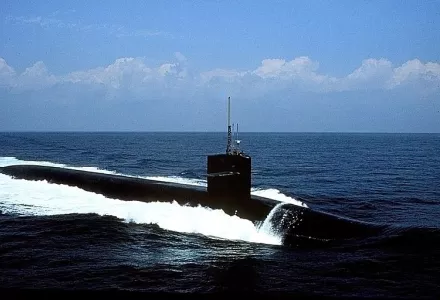Nuclear Platform Diversification: A New Dataset
Speakers: Giles David Arceneaux, Postdoctoral Fellow, International Security Program/Project on Managing the Atom
Kyungwon Suh, Ph.D. candidate, Department of Political Science, Syracuse University
The deterrent capacity of a state's nuclear forces is dependent upon the platforms and delivery systems that constitute the arsenal. The mere possession of nuclear weapons does not provide a robust deterrent and nuclear states cannot credibly deter potential adversaries with nuclear threats in the absence of adequate delivery capabilities. The project presents a new dataset that measures the possession of seven nuclear delivery platforms across all nuclear powers from 1945–2019, including: submarine-launched missiles, strategic land-mobile missiles, strategic solid-fuel missiles, nuclear cruise missiles, multiple independently targetable reentry vehicles, long-range ballistic missiles, and tactical nuclear weapons.
Everyone is welcome to join us online via Zoom! Please register in advance for this seminar: https://harvard.zoom.us/meeting/register/tJcsf-6uqTwoHdZZJ3qqoP1Ohy78rsXBc5en




